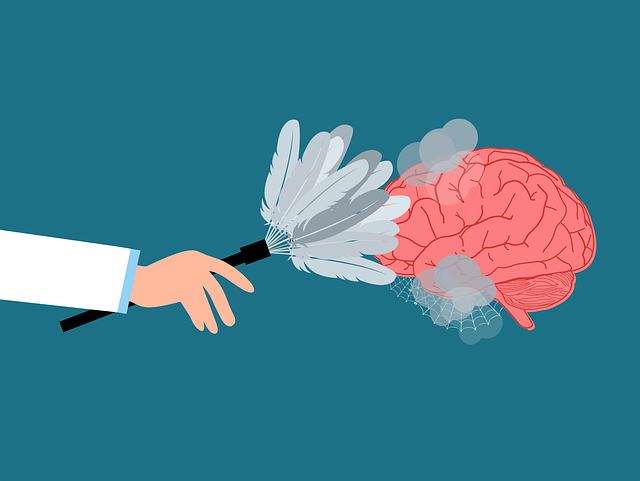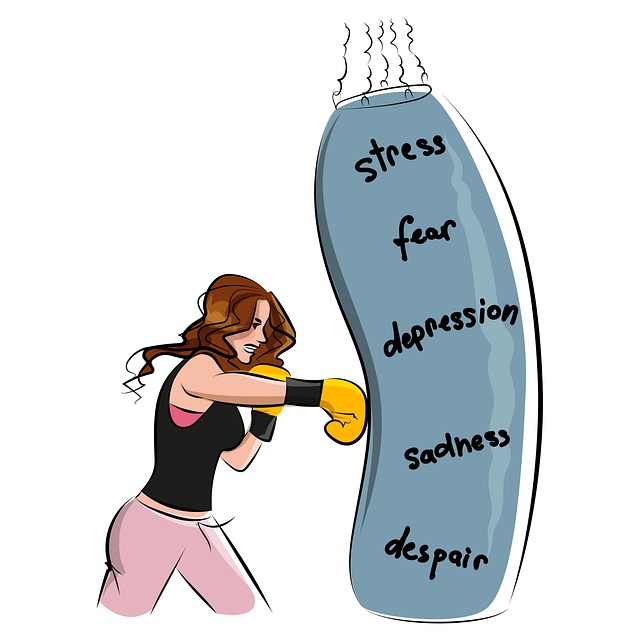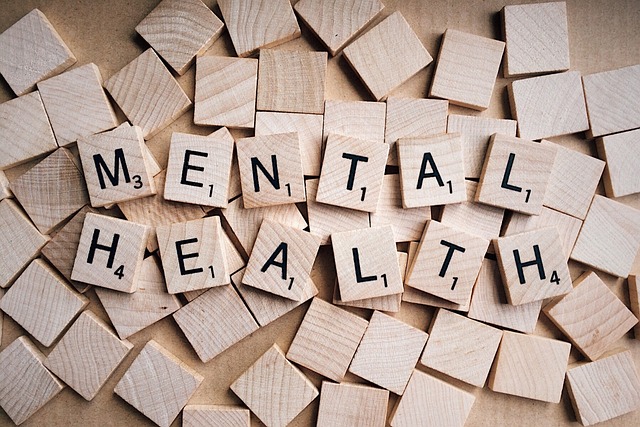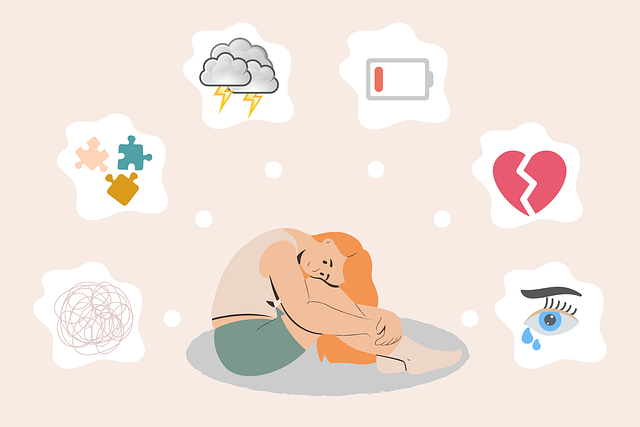Mental health crisis hotline services like Boulder Sexual Abuse Survivor Therapy (BSAST) provide immediate, confidential support for emotional distress and crises, offering specialized care for sexual abuse survivors. BSAST combines individual therapy, group support, and resources like a podcast series to empower healing and raise awareness. These hotlines serve as entry points to broader systems, ensuring risk management, de-escalation, and safe access to ongoing therapy and education. Community-based initiatives, coupled with policy advocacy, expand mental health support ecosystem accessibility and integration.
Mental health crisis hotline support services play a vital role in assisting individuals navigating severe emotional distress. This article explores the crucial role of resources like Boulder Sexual Abuse Survivor Therapy, delving into understanding these hotlines and their access strategies. We examine how these services promote recovery, emphasizing community support as a game-changer. By providing a safe space, hotlines empower survivors to heal, offering hope and guidance during crises. In today’s digital era, such initiatives ensure folks receive timely assistance, revolutionizing mental health care.
- Understanding Mental Health Crisis Hotlines
- The Role of Boulder Sexual Abuse Survivor Therapy
- Accessing and Utilizing these Services
- Promoting Recovery and Community Support
Understanding Mental Health Crisis Hotlines

Mental health crisis hotline support services are vital resources designed to provide immediate assistance and guidance during intense emotional distress or mental health crises. These hotlines serve as a safety net for individuals experiencing severe anxiety, depression, suicidal thoughts, or other psychological challenges. They offer a confidential, non-judgmental space where people can share their struggles and receive expert support tailored to their unique situations.
In the context of Boulder Sexual Abuse Survivor Therapy, for instance, crisis hotline professionals are trained to handle cases involving trauma and abuse, offering specialized care that addresses both the mental health crisis at hand and any underlying emotional healing processes. Beyond immediate intervention, these hotlines often serve as entry points into broader support systems, including referral services for ongoing therapy, counseling, and other mental health education programs design to foster recovery and resilience. Additionally, they play a crucial role in risk management planning for mental health professionals by providing a means to de-escalate situations and ensure the safety of both clients and practitioners.
The Role of Boulder Sexual Abuse Survivor Therapy

Boulder Sexual Abuse Survivor Therapy (BSAST) plays a pivotal role in supporting individuals who have experienced sexual abuse, offering specialized services tailored to address unique challenges. This therapy focuses on empowering survivors through self-awareness exercises, helping them navigate their emotions and traumas effectively. By fostering an environment of safety and understanding, BSAST facilitates healing and personal growth.
In addition to individual therapy sessions, BSAST provides valuable resources like social skills training, which equips survivors with the tools to rebuild their lives and foster healthy relationships. They also contribute to the mental wellness community through the production of a podcast series, sharing stories of resilience and offering practical advice for managing mental health. These initiatives not only support direct survivors but also raise awareness, challenging societal stigmas surrounding sexual abuse recovery.
Accessing and Utilizing these Services

Accessing crisis hotline support services is a vital step towards fostering emotional well-being promotion techniques for individuals experiencing mental health crises. These hotlines are designed to provide immediate assistance and guidance, offering a safe space for vulnerable persons to share their concerns. In Boulder, Colorado, for instance, sexual abuse survivor therapy has become an integral part of the local mental health support ecosystem, catering to survivors seeking trauma support services.
Utilizing these services is often as simple as making a phone call or sending a text message. Many hotlines operate 24/7, ensuring continuous availability during times of heightened distress. The process may involve initial screening by trained professionals who assess the individual’s needs and connect them with appropriate resources, be it counseling, referral to specialized clinics like Boulder Sexual Abuse Survivor Therapy centers, or direct intervention in severe cases. Mental health policy analysis and advocacy have contributed to expanding access to such services, making them more inclusive and better integrated into communities’ support systems.
Promoting Recovery and Community Support

In the midst of a mental health crisis, access to supportive services is paramount for recovery and resilience. Beyond immediate intervention, promoting long-term well-being requires a multifaceted approach. Community support plays a crucial role in fostering an environment where individuals can heal and rebuild their lives. Services like Boulder Sexual Abuse Survivor Therapy exemplify this by offering specialized care tailored to the unique needs of survivors. By combining individual therapy with group support, these initiatives create a network of care that empowers individuals to share experiences, gain strength from one another, and navigate their journeys towards healing.
Integrating practices such as mindfulness meditation into community support programs enhances coping mechanisms and builds resilience. Mental health policy analysis and advocacy also contribute by ensuring that resources are allocated effectively and that policies reflect the evolving needs of communities. Additionally, risk management planning for mental health professionals is essential to create a safe and supportive environment where individuals can access care without fear of retraumatization, further solidifying the foundation for recovery.
Mental health crisis hotline support services play a vital role in promoting recovery and community support, especially for survivors of sexual abuse like those assisted by Boulder Sexual Abuse Survivor Therapy. By providing immediate assistance and accessible resources, these hotlines empower individuals to navigate challenging situations. Through education and ease of access, they ensure that help is available when it matters most, fostering a network of care that can literally save lives.













